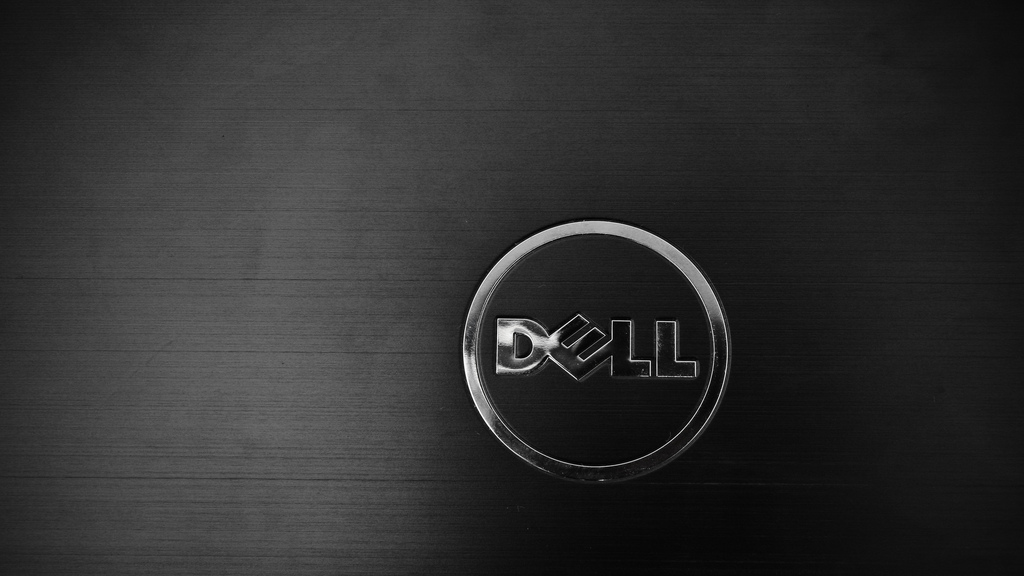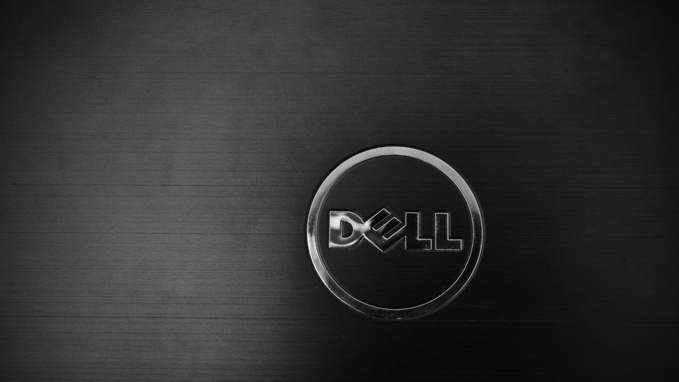American company Dell can sell software business to finance transaction on purchase of EMC Corp, which cost $ 67 billion to the vendor.
In the near future, the corporate software unit can be sold to a consortium of investment firm Francisco Partners and hedge fund Elliott Management’s investment branch. The transaction value may exceed $ 2 billion, Reuters reported citing informed sources, although there are no guarantees that the deal will be finished.
Getting rid of the software business will help Michael Dell’s company to focus on its technological portfolio and strengthen financial position after acquisition of EMC for $ 67 billion.
According to informants, Dell plans to sell almost all of its software assets, including Quest Software – a provider of innovative tools for managing information technology for businesses, as well as SonicWall, provider of IP network security solutions and data protection. All that Dell decided to keep is Boomi, a developer of cloud integration software.
Purchase of EMC may make Dell to get rid of a number of assets, since experts estimated that Dell’s debt will grow to $ 49.5 billion as a result of such a large purchase.
At the end of March 2016, Dell decided to sell its division to Japanese IT services company NTT Data for more than $ 3 billion. The branch to be sold is Dell Services, built on the basis of Perot Services company.
Dell expects to complete the transaction on EMC purchase until the end of October this year. The agreement is yet to be approved by the Chinese regulators and EMC shareholders.
In early June, a Delaware judge has ruled that Michael Dell shortchanged the company’s shareholders redeeming their shares in 2013. The deficient amount numbers more than $ 6 billion. This decision supported critics of the deal, who argued that it benefited Dell and its partners. Some shareholders, winded up by billionaire activist Carl Icahn, accused Dell of trying to buy stocks for cheap as Dell’s shares were preparing to rise after falling.
Michael Dell started his company in 1984, when he was 19 years old. After some time, it had become the largest computer manufacturer in the world, and its shares have been at the peak of their value in 2000, during the dotcom boom. But by the end of the decade, the company faced with outflow of retail customers who prefer mobile devices. Enterprise customers, meanwhile, were moving to cloud services.
Then, Dell and fund Silver Lake private equity fund decided to buy back shares from their holders, explaining that Dell had faced huge problems and was losing market share. Even the company’s starting transformation from a PC manufacturer into a supplier for business applications and services didn’t get Dell’s shares to rise.
"The harder we worked, the faster the price fell," - Dell testified at the trial. During the year, the shares have fallen by 30%, which meant that the redemption has brought huge losses to long-term investors.
A merger, happened as a result of the redemption, caused, perhaps, the most heated debates in the last decade. It involved some of the most famous names in the business and investment world, such as Michael Dell, Icahn, T. Rowe Price Group and Magnetar Capital hedge fund. The deal also fueled debate about relative merits of public and private equity structures.
A judge of a special corporate court in Delaware ruled that Dell was worth more than $ 31 billion, while Dell and Silver Lake paid only $ 25 billion to shareholders. This victory, however, will be worthless for former Dell’s investors as subtleties of Delaware law implies that only a few of them will be eligible for compensation. In total, the buyers will have to pay approximately $ 35 million, including interest, to all former shareholders participated in the process. Magnetar will receive the lion's share of about $ 25 million - will receive.
There was a curious twist of fate that made the compensation small. Although T. Rowe Price was publicly against the deal in 2013, it accidentally voted for it. This step deprived the fund of the right to compensation worth approximately $ 190 million.
source: wsj.com
In the near future, the corporate software unit can be sold to a consortium of investment firm Francisco Partners and hedge fund Elliott Management’s investment branch. The transaction value may exceed $ 2 billion, Reuters reported citing informed sources, although there are no guarantees that the deal will be finished.
Getting rid of the software business will help Michael Dell’s company to focus on its technological portfolio and strengthen financial position after acquisition of EMC for $ 67 billion.
According to informants, Dell plans to sell almost all of its software assets, including Quest Software – a provider of innovative tools for managing information technology for businesses, as well as SonicWall, provider of IP network security solutions and data protection. All that Dell decided to keep is Boomi, a developer of cloud integration software.
Purchase of EMC may make Dell to get rid of a number of assets, since experts estimated that Dell’s debt will grow to $ 49.5 billion as a result of such a large purchase.
At the end of March 2016, Dell decided to sell its division to Japanese IT services company NTT Data for more than $ 3 billion. The branch to be sold is Dell Services, built on the basis of Perot Services company.
Dell expects to complete the transaction on EMC purchase until the end of October this year. The agreement is yet to be approved by the Chinese regulators and EMC shareholders.
In early June, a Delaware judge has ruled that Michael Dell shortchanged the company’s shareholders redeeming their shares in 2013. The deficient amount numbers more than $ 6 billion. This decision supported critics of the deal, who argued that it benefited Dell and its partners. Some shareholders, winded up by billionaire activist Carl Icahn, accused Dell of trying to buy stocks for cheap as Dell’s shares were preparing to rise after falling.
Michael Dell started his company in 1984, when he was 19 years old. After some time, it had become the largest computer manufacturer in the world, and its shares have been at the peak of their value in 2000, during the dotcom boom. But by the end of the decade, the company faced with outflow of retail customers who prefer mobile devices. Enterprise customers, meanwhile, were moving to cloud services.
Then, Dell and fund Silver Lake private equity fund decided to buy back shares from their holders, explaining that Dell had faced huge problems and was losing market share. Even the company’s starting transformation from a PC manufacturer into a supplier for business applications and services didn’t get Dell’s shares to rise.
"The harder we worked, the faster the price fell," - Dell testified at the trial. During the year, the shares have fallen by 30%, which meant that the redemption has brought huge losses to long-term investors.
A merger, happened as a result of the redemption, caused, perhaps, the most heated debates in the last decade. It involved some of the most famous names in the business and investment world, such as Michael Dell, Icahn, T. Rowe Price Group and Magnetar Capital hedge fund. The deal also fueled debate about relative merits of public and private equity structures.
A judge of a special corporate court in Delaware ruled that Dell was worth more than $ 31 billion, while Dell and Silver Lake paid only $ 25 billion to shareholders. This victory, however, will be worthless for former Dell’s investors as subtleties of Delaware law implies that only a few of them will be eligible for compensation. In total, the buyers will have to pay approximately $ 35 million, including interest, to all former shareholders participated in the process. Magnetar will receive the lion's share of about $ 25 million - will receive.
There was a curious twist of fate that made the compensation small. Although T. Rowe Price was publicly against the deal in 2013, it accidentally voted for it. This step deprived the fund of the right to compensation worth approximately $ 190 million.
source: wsj.com



















